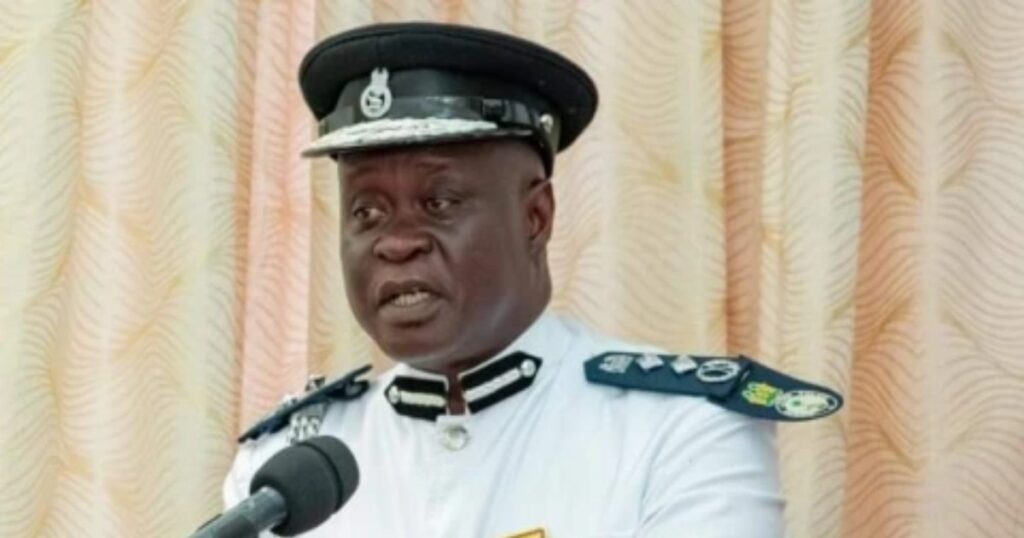The notion that people resort to physical violence when there is no Justice in the court is becoming watertight when one looks at Sierra Leone’s current situation.
Instead of turning to the judiciary for solace when aggrieved, people have decided to fight for themselves being aware that there is no Justice in the courtroom, and double standards is not uncommon.
The law will fall heavily on the have-nots and the politically disconnected while the wealthy and influential are spared.
Preferential treatment in law enforcement creates feeling of discrimination and marginalisation, and the people will ultimately fight for themselves.
The mysterious death of a thug linked to the ruling Sierra Leone People’s Party (SLPP) is one of shiny cases in point. The thug commonly known as ‘ARATA’ has been a notorious and focal conflict causer in the country for years targeting opposition politicians and supporters.
He is very active during elections as his main goal is to ensure that his party, SLPP maintains a permanent grip on power. He is not restrained by any law as he would broke into polling stations and destroyed election materials in police presence.
The SLPP-linked thug allegedly masterminded the political violence that broke out in Constituency 110 in Freetown during a re-run election. Election materials were destroyed and staff attacked but no action was taken, a situation that led to the postponement of the elections and cancellation of the results by ECSL (Electoral Commission for Sierra Leone), a body mandated by law to conduct and supervise public elections throughout Sierra Leone.
The destruction of the materials and attack of ESCL personnel is not the only crime he allegedly committed. ARATA has been trampling on major laws but, he remained untouhed as he enjoys strong ties with the ruling party.
Fear is rife that the thug will be freed by police officers if taken to the police station, and the only way to stop him is to kill him. Threats that more follow suit is also rife. ARATA is just the latest victim in an array of secret and reprisal killings embarked on by the public.
Several police officers have lost their lives in line of duty and many others have been targetted. The mysterious shooting dead of a senior police in Makeni city, North of Sierra Leone is another incident depicting mob Justice in the country. Matthew Gbanya also known as Boyka was killed as many accused him of narrowly assassinating Dr Samura Kamara at Mile-38 just few kilometres away from Freetown.
To date, no one has been arrested in respect of the police officer’s death since the killers are unknown. The threats of violence against police officers and other government officials continue, and the people see killing as the best way to fight for themselves.
Even when thieves are caught, the law is no longer observed.
The people will either kill or maim any suspected thief instead of taking them to the courts where the risk of setting them free remains high. At the moment, no one is safe as mob rule takes root in a country once seen as a respecter of the law.
Confidence in the judiciary begins to erode when politicians started to interfere with the country’s justice system. They wanted to see the judiciary backing them in matters of state interest.
As learned as the judicial officials are, magistrates and judges cannot fend off themselves from political interference, and every government, at a particular time has its own way of manipulating the judiciary.
Sierra Leone witnessed a scene in which the Supreme Court was manipulated by the executive in handing down a verdict that led to the removal of former Vice President, Chief Samuel Sumana. The Constitution of Sierra Leone, 1991 even frowns at the manner of removal.
The Supreme law provides for an impeachment of the Vice President as laid down by sections 50 and 51 which deals with the physical and mental incapacity of the holder of the office. In mid 2019, the judiciary was also used to illegally remove 10 APC (All People’s Congress) parliamentarians illegally.
The Public Elections Act, 2022 provides for a re-run when petitions become successful. But, this legal requirement was never observed as the judiciary was bent on protecting only government’s interest. It was also here in Sierra Leone that the judiciary delivered a verdict on the Proportional Representation system for the just concluded elections although conditions for it do not exist.
In a seeming protection of the executive, the court ignored the argument of one of Africa’s legal luminaries, Dr Abdulai Conteh who saw the verdict as a sad day for the rule of law in Sierra Leone. “I wish there was another court,” he voiced his grievance immediately after the verdict was delivered.
The unpopular verdicts and other related practices have made the people of Sierra Leone to snub the justice system and fight for themselves when the need arises. The opposition, All People’s Congress fear to take the June-24 elections case to court as they expected no Justice there.
They prefer a sit-down protest to seeking redress in court. The notion that there can be no peace without justice is very much celebrated at the moment, and until the judiciary changes its mode of operation there will never be confidence in the system. Peace is the ultimate victim when the people lose confidence in the courts.
